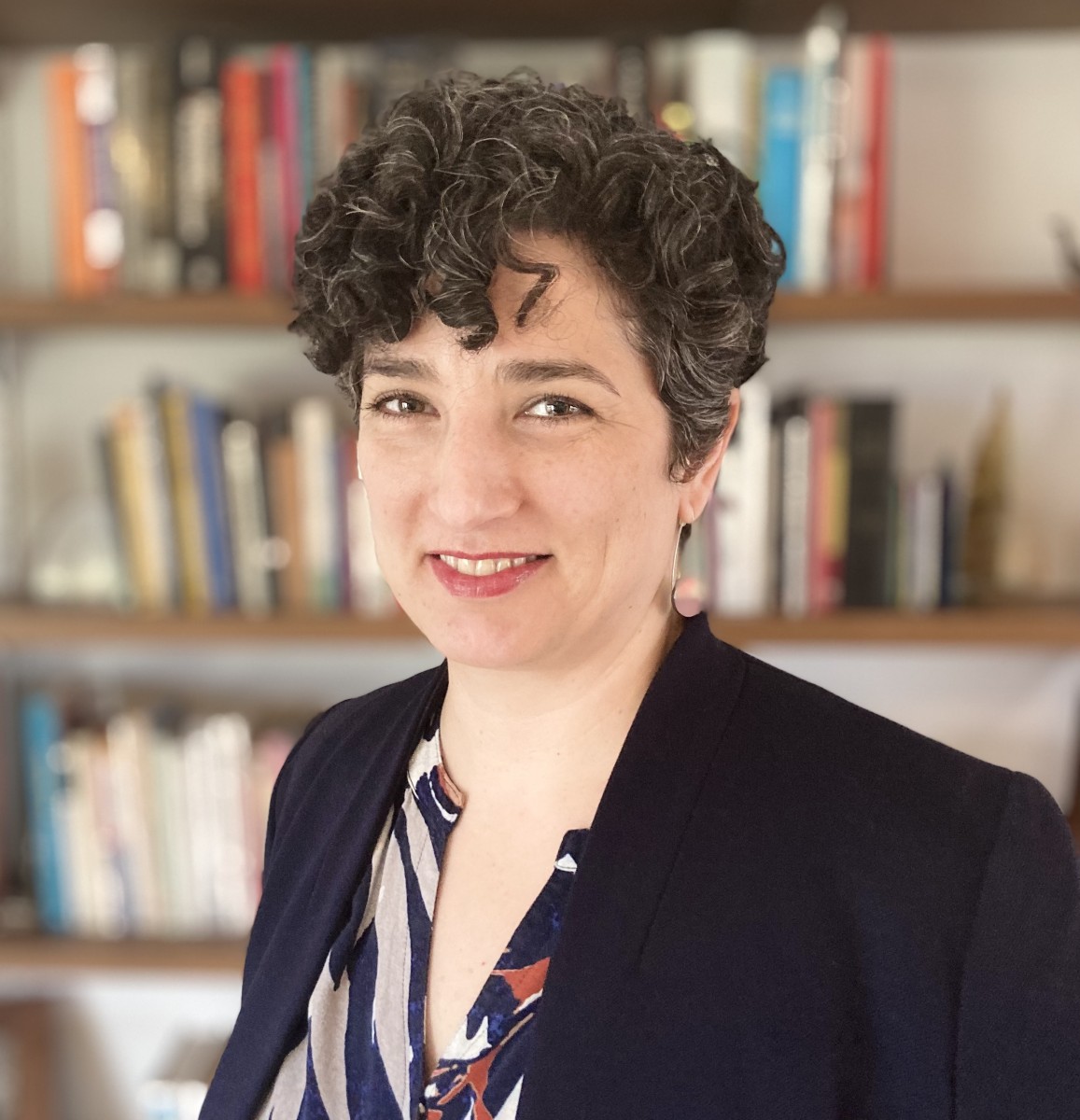GSU professors receive Digital Ethnic Futures Consortium fellowships

For their interest in developing courses at the intersection of ethnic studies and digital humanities, Governors State University (GSU) Professors Novia Pagone and Vida Owusu-Boateng were recently awarded Digital Ethnic Futures Consortium (DEFCon) fellowships.
This fellowship is awarded to those who want to help build out curriculum and research in digital humanities and ethnic studies. Course materials created through these fellowships are then made available to others for free through open access digital commons.
Individuals who receive the fellowship also become a part of the DEFCon network of regional comprehensive universities, those that offer a wide variety of degrees.
“This is important for GSU because one of the goals of DEFCon is to contribute to the digital cultural record. We want that record to be inclusive, focused on social justice goals. By connecting GSU with DEFCon and bringing these courses to campus, our students will participate in building a more inclusive digital record,” said Pagone.
When asked about receiving the fellowship, Pagone expressed excitement to teach in a new area after years of working between humanities and media studies.
“I haven't worked much in digital humanities, but I've been wanting to explore it more, so I'm excited to develop a course in this area. It's also important to me that we amplify voices in the Latinx, Latina, and Latino communities,” Pagone said.
To help amplify Latinx voices and increase their visibility on campus, Pagone is planning a Latinx Media Storytelling course to offer GSU students in spring 2024.
“This course aims to introduce students to digital humanities tools to study the representation of Latinx communities and culture in the media, and to study media stories that are created by folks in the Latinx communities. I’m looking forward to offering it,” said Pagone.
Owusu-Boateng plans to offer an Intro to Black Studies course with hopes of it being available next year.
“The course will examine strands and routes that have defined Black women's writing in the African Diaspora. Using digital humanities, the course aims to illuminate how these strands highlight not only black women's writing as integral to a historical and literary continuum within the African Diasporic literary tradition but also help us better understand the complexities of black women's experiences - and their curation - as efforts of world-making,” said Owusu-Boateng.

